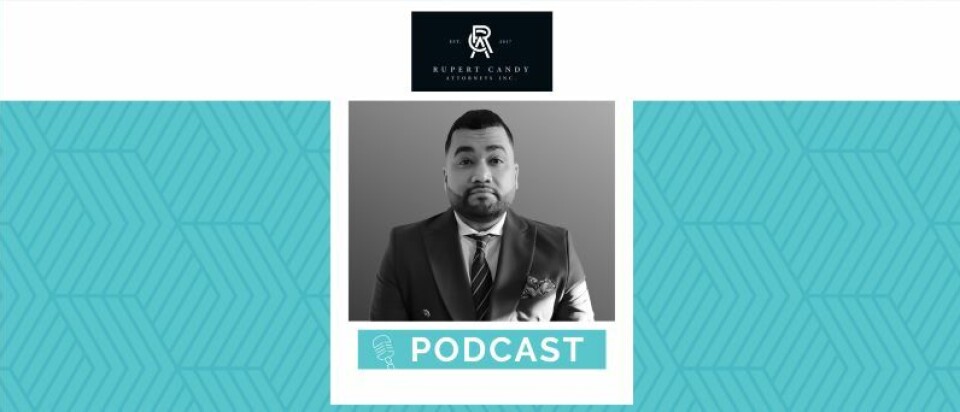Copyright : Re-publication of this article is authorised only in the following circumstances; the writer and Africa Legal are both recognised as the author and the website address www.africa-legal.com and original article link are back linked. Re-publication without both must be preauthorised by contacting editor@africa-legal.com
Shortfalls in protecting whistleblowers

Rupert Candy paints a grim picture of the treatment of whistleblowers in South Africa and calls for a greater level of legal protection for them, in this podcast with Africa Legal.
Were it not for the bravery of whistleblowers in the public and private sectors, fraud, corruption and money laundering would cripple the economy and devour the fabric of South African society. Yet not enough is being done to protect these men and women who expose unsavoury criminal activities, says Rupert Candy, Director of Rupert Candy Attorneys Incorporated.
While the country’s Protected Disclosures Act (PDA) provides protection for those who fall within a workplace relationship, and protects occupational detriment, he says it fails to expand into the scenarios whistleblowers face in the real world.
Candy’s firm is currently representing a group of whistleblowers whose lives are at risk. The employees work for a state-owned entity and had reported the wrongdoing there, but then found themselves being suspended by their employer and dragged to court to face a litany of charges.
Candy believes that whistleblowers should be protected from the legal system to prevent them from being harmed and financially ruined to the point where they can no longer afford to stay the course.
He says the shortcomings in the PDA could be addressed and changed through a number of mechanisms.
“You could expand the list of people to whom a whistleblower may disclose to in the Act. Free counselling is also an option, as are financial support, legal advice, representation, and making people aware through public relations exercises of services provided for whistleblowing. All this can make them feel at ease and be reassured in coming forward because there is that stigma (that whistleblowers are troublemakers),” says Candy.
Additionally, South Africa should be looking across its borders to compare what's being done in other jurisdictions to protect whistleblowers. He points out that Ghana, for example, has the Whistleblower Act that affords a number of protections, including legal representation.
Candy also discusses the role that civil society and the media play in promoting and protecting whistleblowers.
The conversation wraps up with Candy’s advice to anyone who wants to blow the whistle on corruption but is afraid of the potential consequences.
“In a South African context, I would say that the state of corruption is almost nearing a point of no return, and blowing the whistle is one of the most effective ways to curb our country from being further damaged. Yes, it's not an easy task to do, but, by stepping forward, it might give others the courage to also report on unethical and criminal behaviour”, he comments.
Click here to listen to the podcast on Spotify, Soundcloud, Apple Podcasts and Amazon Music.
To join Africa Legal's mailing list please click here
